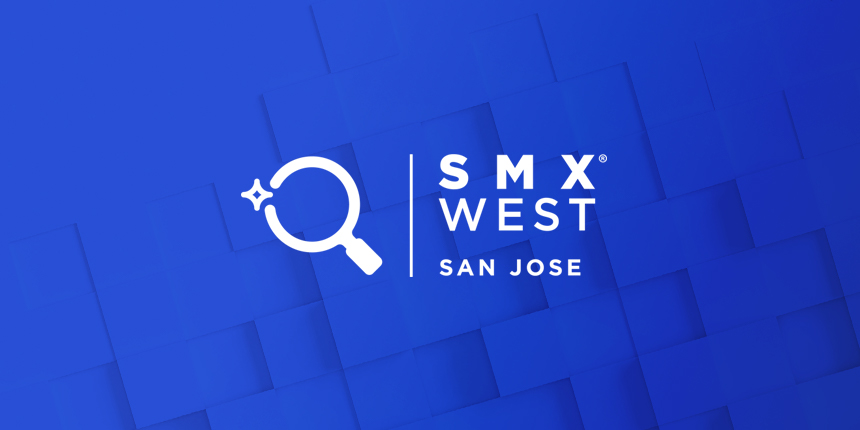Digital’s biggest, brightest brands came together last week for SMX West 2019. Every major player was represented at the San Jose McEnery Convention Center in the heart of Silicon Valley—Google, Amazon, and Bing among them, as well as some of the world’s most exciting start-ups—making this one of the most diverse, reputable, and relevant conferences on Search Engine Optimisation and SEM.
Together with specialists from our white-label local listings team, ConvergenSEE, we attended in our capacity as local search leaders, taking the opportunity to glimpse behind the scenes, make new connections, and pick the brains of the industry’s most influential innovators.
So, what did we learn? Well, a lot—but we’ve distilled our experience into these top four takeaways. Let’s cut to the chase.
-
Local SEO is maturing
Once upon a time, all you needed to succeed in local search was accurate NAP data (name, address, phone number) and plenty of corroborating citations. But now we’re all players in a much more sophisticated game. Increasingly, NAP and citations are only a starting point (albeit a critical one) as SEO checkers evolves into SEO chess. As of 2019, search giants like Google are much more likely to determine search ranking based on a range of “differentiators”, including:
-
Review responses
In Google’s own words, “Responding to reviews shows that you value your customers and the feedback that they leave about your business […] High-quality, positive reviews from your customers will improve your business’s visibility and increase the likelihood that a potential customer will visit your location.”
-
Videos and photos
Media matters! In fact, businesses with photos receive 42% more requests for driving directions to their location from users on Google, and 35% more clicks through to their websites than businesses that don’t have photos. So a picture is worth at least a thousand words in local SEO—and a video could be worth even more.
-
Questions & Answers
Google’s Q&A feature doesn’t only help brands create useful, authoritative local pages: it’s also a great labour-saver. Make life a little easier for yourself (especially if you have multiple locations to manage) by proactively posting content on your local Google Q&A page. It’ll reduce friction on the journey to purchase and prevent those repeat customer questions from tying up your other contact points.
-
Special hours
It doesn’t matter if your opening hours are affected by holidays or not: it’s a good idea to publicly validate your listed hours for the season, especially for public holidays. Otherwise, a vague message like “location hours may differ during the holidays” may be interpreted as “shorter opening times”, which is not necessarily the case. Even in the digital age, hours of operation can make a fundamental difference to revenue.
-
-
A new search habit has emerged
Eagle-eyed analysts have detected a trend that every SEO and SEM specialist should note. Consumers start their journey to purchase with a text or voice search, move on to video, and then later revert to additional text searches. We’re not claiming to be psychic, but this emerging behaviour dovetails perfectly with DAC’s Thinking, Planning, Doing framework… #justsayin
-
Player two has entered (and is changing) the game
Bing may not be the biggest fish in the pond, but it’s certainly one of the most tenacious. At SMX, Bing revealed that it has increased the number of URLs you can submit per day from 10 to 10,000. Is it an innocuous, common-sense update—or could they be signalling a fundamental shift away from crawling, one of the very foundations of search as we know it? Time will tell.
-
Change never waits
The very discipline of SEO is as organic as the results it serves up. In fact, search changes so regularly that it has taken on a life of its own. Did you know, for instance, that Google alters its algorithm eight times a day on average? It’s little wonder that chasing the trend has become a full-time endeavour for brands, businesses, and agencies of all shapes and sizes.
Let’s put it into practice
We came. We saw. We collaborated. And now we do what we do best: apply the industry’s latest thinking to refine our approach, optimise our in-market programs, and position our clients for transformative growth in digital. Want to know what that looks like for your business—or for your own clients? Request a free demo from our ConvergenSEE team.




